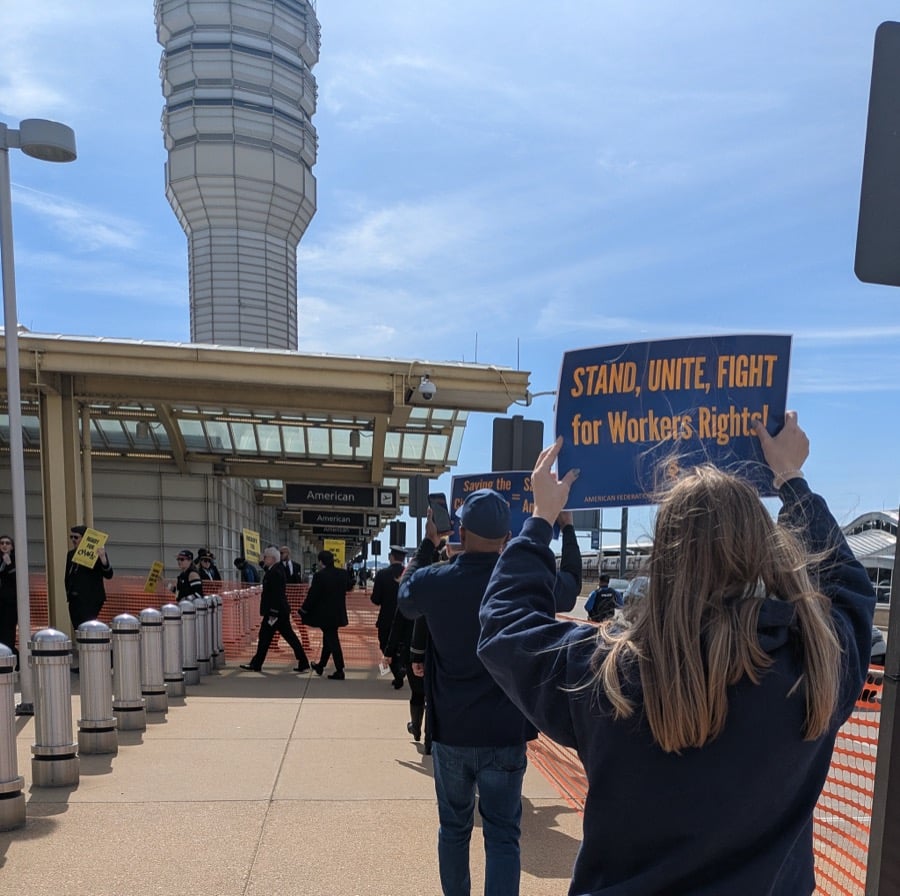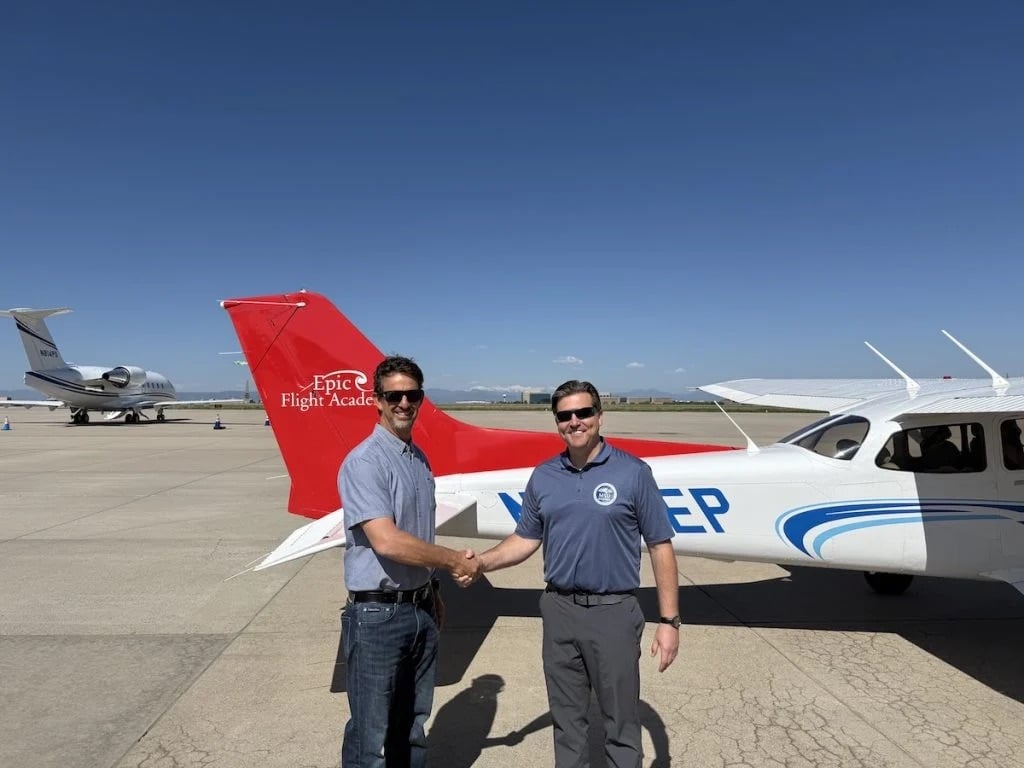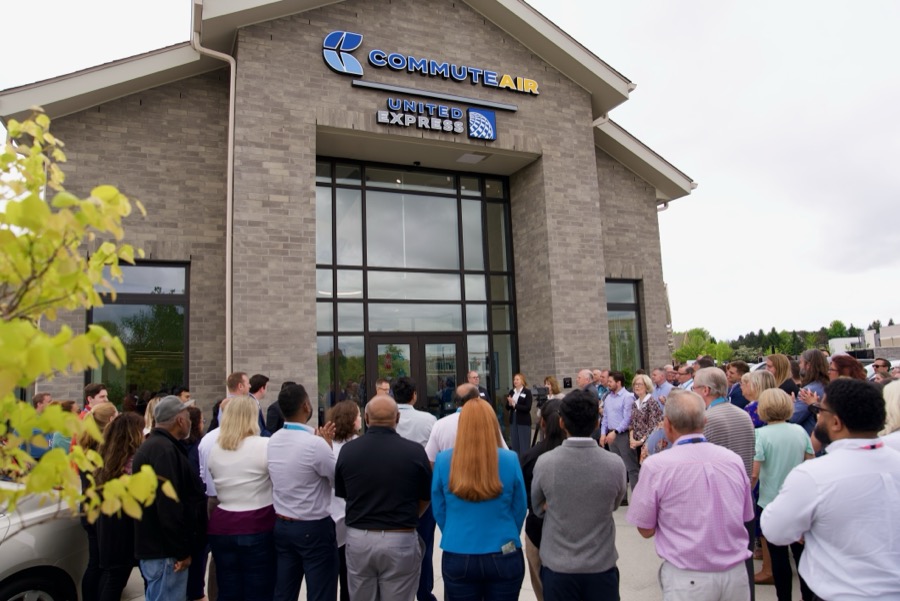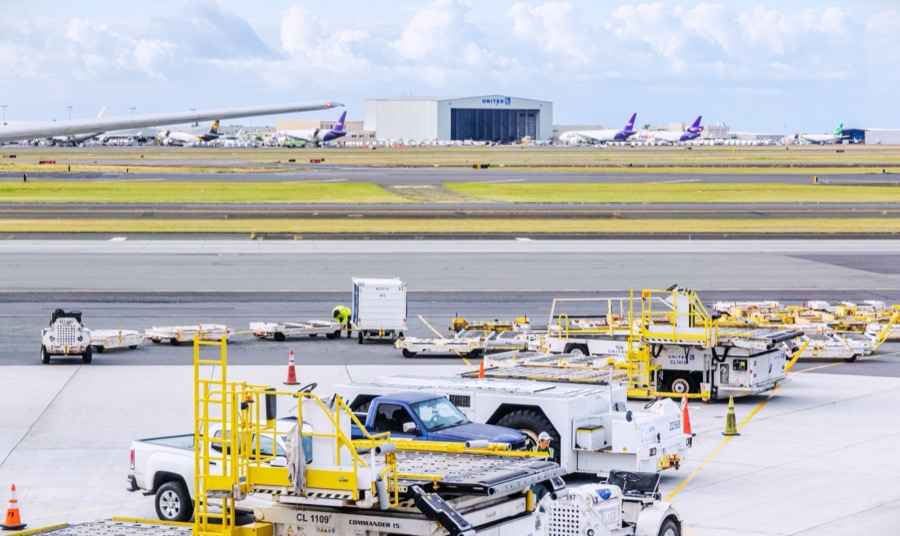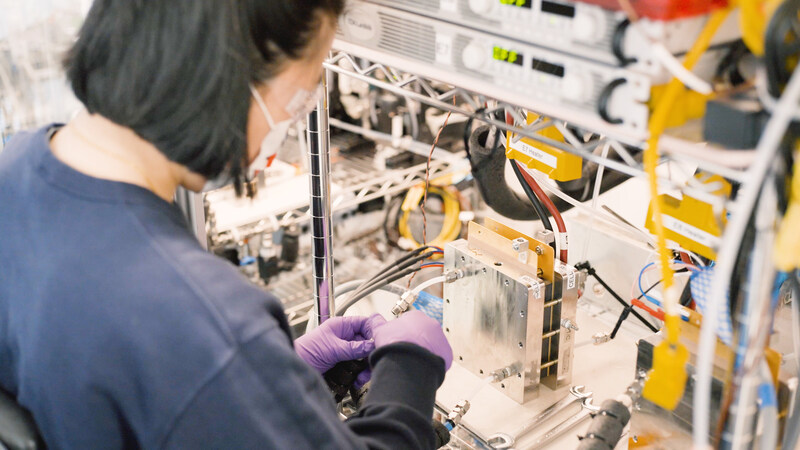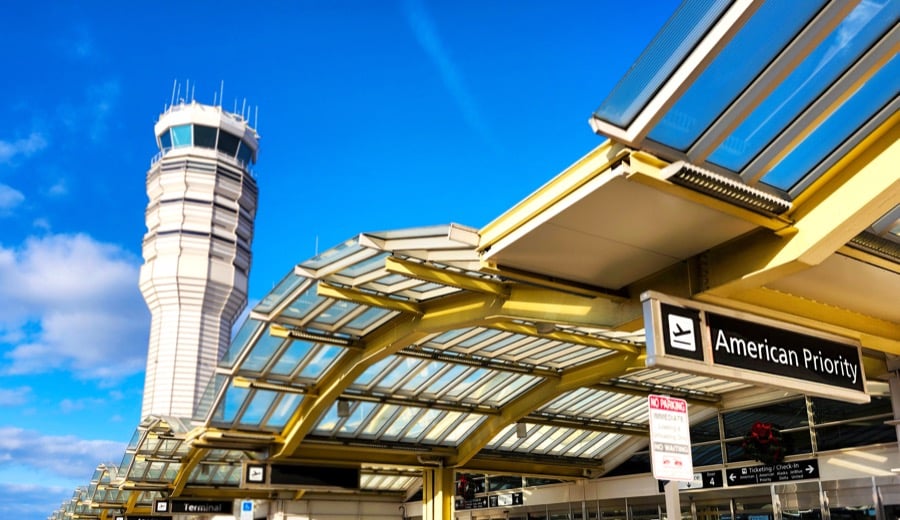In parts 1 through 3 of this series, Andrew detailed his experience with a tornado that struck his house while he was on a trip and how he had to deal with the fallout while 3500 miles from home. In this instalment of the story, Andrew outlines his most important suggestions for getting yourself and your family prepared in case the worst should happen.
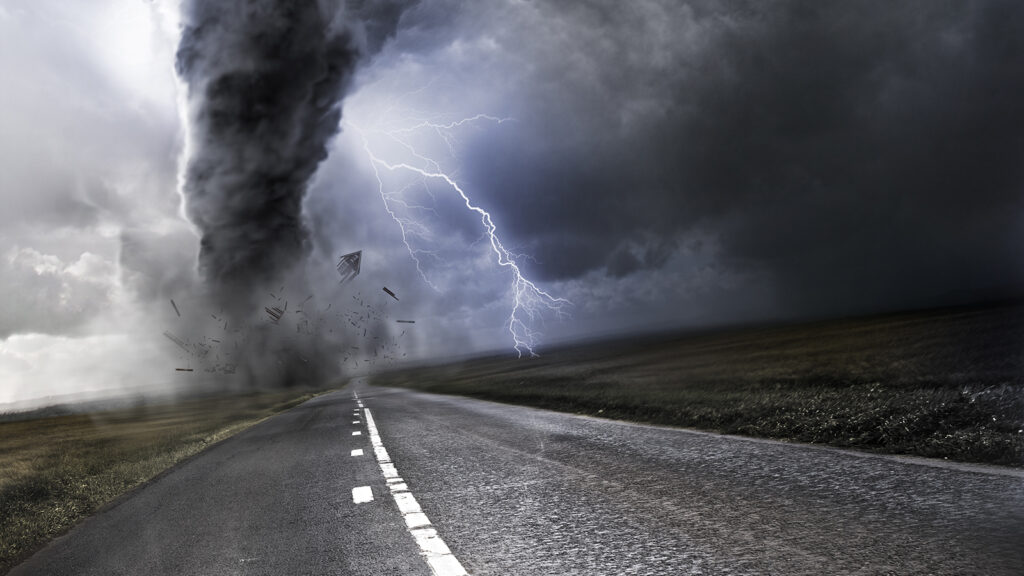
With my house on the way to a full recovery, I have been able to debrief myself and my family on what happened, and how we plan to prepare for a future event should something like this happen again. I’d like to share with you what our review found and concluded.
- The best defense is a good offense. Prepare your emergency equipment and plan.
Take stock of your emergency-equipment inventory and find out what you need. We are all pretty good at making sure our smoke detectors aren’t beeping, but what about having a fire extinguisher in your kitchen (most fires start there), or having one in your basement or safe room so you can fight a fire during an escape? What about a supply of drinking water in that safe room should you be trapped by debris? The website ready.org is an amazing resource to review and build an emergency plan for your family. You can find it here: https://www.ready.gov/plan
Oh, and don’t forget, one of the most important parts to any plan is knowing what to do in the event of the emergency in the first place, and what you should do immediately following. (See part 2 of this series.) Then, ensure everyone in your family knows the plan also!
- Update your contacts and save them in your phone.
This was embarrassing, because not saving your emergency numbers to your phone can hold things up significantly when securing your property. Make sure you have all local emergency numbers saved in your phone, including your insurance company and a board-up company that is local to you. Having your utility companies’ phone numbers can also help. At a minimum, find a board-up company and save that phone number, because the chances are that they will be in high demand, so the sooner you get on their list, the sooner your house will be secured.
- Have a running inventory of important items.
This list is not just for your family treasures, but everything under or around your roof that is of significant value. We often think of TVs or vehicles, but what kind of appliances you own, all the types of furniture in each room, what materials your home was built with (if you able to find out), what is in all those boxes in storage that you forgot about, even what is in your pantry can help you put together a list that will help build your life back. It’s hard to articulate what is missing/broken/damaged when you aren’t even sure what it is you have.
- Know thy neighbor.
We had only been in our house for a month and a half, but we met ALL of our neighbors that night. Luckily, we can report that everyone is wonderful and gracious. One neighbor even volunteered to take our dog! In fact, the neighbor who took the picture of the tornado hitting our house is the one who called 911 for us. Also, when we first saw possible damage on the Ring camera, it was our old neighbors who drove to over to see for themselves what had happened. When you live life on the road, it absolutely pays to have people you can rely on and have a plan in place.
- Establish exactly what the procedures and expectations are for informing you if you’re on the road.
This is a topic that hadn’t been discussed prior to this event, and was the cause of a lot of concern for my family. “Do we tell him while he’s flying, or do we wait?” Honestly, this one will be up to each of you, but make sure your family is clear about what and when to tell you that something has happened. My rule from this point forward is to not tell me if someone has died until I’m at the hotel, but everything else I want to know about ASAP.
At the end of the day, my mantra over this whole incident became, “It’s just stuff, no one was hurt, life is good.” If there is one piece of advice, I implore you to explore (after step one above), it is to adopt this view if this happens to you. It will make things go much easier and lower your stress level tremendously. Just as in the airplane, emergencies happen, but it’s how we conduct ourselves in the face of these events that make or break the day. Study, prepare, and plan for the worst, hope for the best and with any luck, unlike me, you and your family won’t be picking up pieces of your roof from your neighbors’ yards.




















